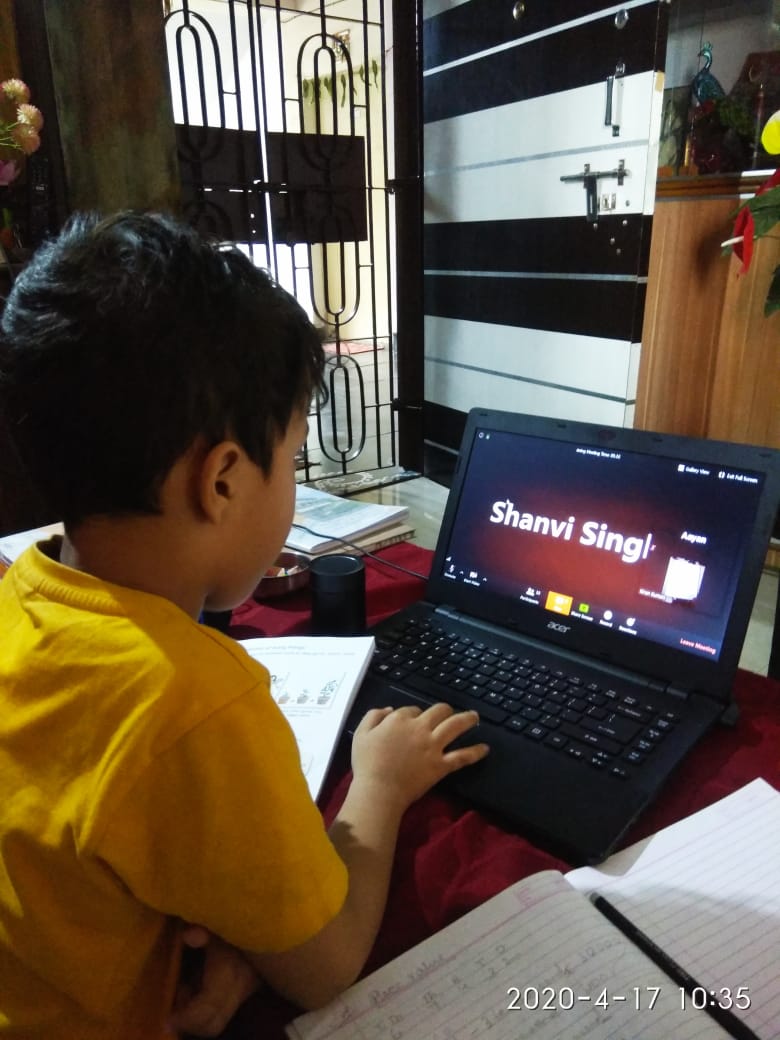Cyber attacks through Zoom and other platforms used to conduct online classes have become a cause for concern in the state and across the country.
While a reputed school in Bangalore had to stop an online chemistry class on Zoom after a porn video popped up, an unknown identity had entered a Zoom class for a Jamshedpur-based school and started tampering with the shared screens a few weeks ago.
This class, too, had to be terminated immediately.
Another school in Ranchi had uploaded its ids and passwords on its website, making it more vulnerable to students and teachers.
Zoom bombings have been a common case across the globe.
Online education, being the most popular and necessary medium, can make students and teachers more vulnerable to cybersecurity attacks. While all private schools are using Zoom, Google Meet, Microsoft Teams, Cisco Webex, or Skype, continuous and unsafe cyber practices have put millions of students and teachers at risk.
As the Internet has kept us connected in the pandemic, the risk involved has become more serious.
Teachers and principals feel the risk but these online platforms have somehow managed to let schools continue their classes.
Some have now taken preventive measures.
“After the reports of Zoom bombings, we have changed our way of using online platform for teaching. It is true that teachers will have to put some extra effort but that is necessary for safety,” said Preeti Sinha, the principal of Gulmohur High School, Telco, one of the few schools in Jamshedpur to start online classes when lockdown started.
Many schools are following the necessary steps that include locking their screens, allowing entry to the room only by the students’ name as registered in the school and sharing the password personally a couple of minutes before the class starts.
However, some have turned a deaf ear to the incidents.
Vineet Kumar, a cyber expert, and founder of Cyber Peace Foundation, a globally-recognised organisation working towards cyber hygiene said schools need to take extra precautions during their online classes. The incident of the Ranchi-based school has startled them as that makes students vulnerable to a number of cyber attacks.
“Zoom bombings are common now. It has happened in India and abroad. One has to take extra precautions when children are involved. Apart from zoom bombings, there can be cyberbullying, cyberstalking and so many other crimes that can affect students as well as teachers.
The Cyber Peace Foundation is now drafting a Netiquette, a list of dos and don’ts in cyberspace, which will be shared with schools and educational institutions or corporate houses who are using platforms for regular interaction.
“Every class has to be password protected and this data should be sent individually. Teachers will have to take extra care and should allow students by their names. Access to the class will have to be student-specific. This might take some extra time but will keep them safe,” said Kumar.











